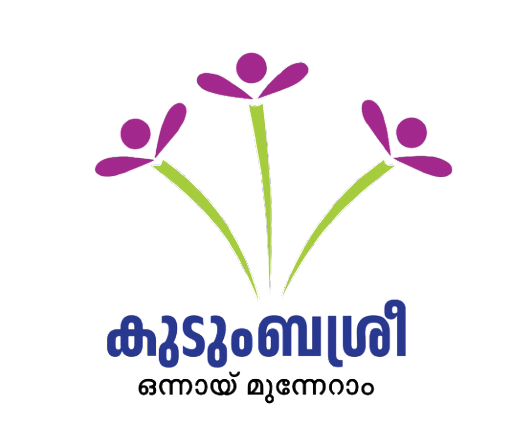Goat production is an important livelihood option for rural communities in the semi arid and arid regions of India. It has been estimated that over 33 million households around the country are engaged in goat-rearing (13.4% of total), and 76% of the total goats are owned by the landless, and small & marginal farming households. Small holder goat-farming is predominantly undertaken by socio-economically marginalized groups, for the majority of whom goat-rearing is usually a secondary livelihood source. The majority of animals in the country are raised in the mixed crop livestock system, making agriculture and livestock closely inter-related systems; additional income is earned through wage labour or migration. There is a small but significant population that is completely or predominantly dependent on goat-rearing for income, and this number is steadily rising with farmer distress, and as returns from agriculture become more unpredictable.
Within small holder goat-rearing households, women are primarily responsible for the care and management of goats, and the major part of the work load is also borne by them. Consequently, any impact resulting from changes in the rearing practices and returns there from, is expected to have a direct bearing on the well-being and status of women in these households and communities.
Goat is most suited to Kerala conditions and they are more hardy, multi-utility, easy-to maintain and prolific animals that can efficiently convert low-value vegetation, tree leaves and crop residues into high value meat, milk, hide, manure and fibre, including the much sought-after Pashmina fibre. The Malabari Goat is considered as the most reliable breed. In Kerala the livestock are raised both in backyards and commercial farms. Of the total livestock keepers in Kerala, about 10% keep goat. The total number of goat in the state as per latest Govt. statistics is 1.24 million numbers. As per the livestock Census 2012, there is a 27.94% decline in number of goat population during the inter censuses period (2007-2012).
Kudumbashree in goat rearing programmes
Aadugraamam project is a goat rearing support initiative conceptualized and implemented by Kudumbashree. Goat farming has greatly accepted among women farmers as it requires small establishment cost as well as easy to rear. It targets to provide regular source of income to Kudumbashree members through goat rearing enterprise. Kudumbashree will provide capital subsidy of 0.5 Lakhs to the groups to establish goat rearing unit. The group consist of 5 members and each beneficiary will be rearing 4 goats.
















